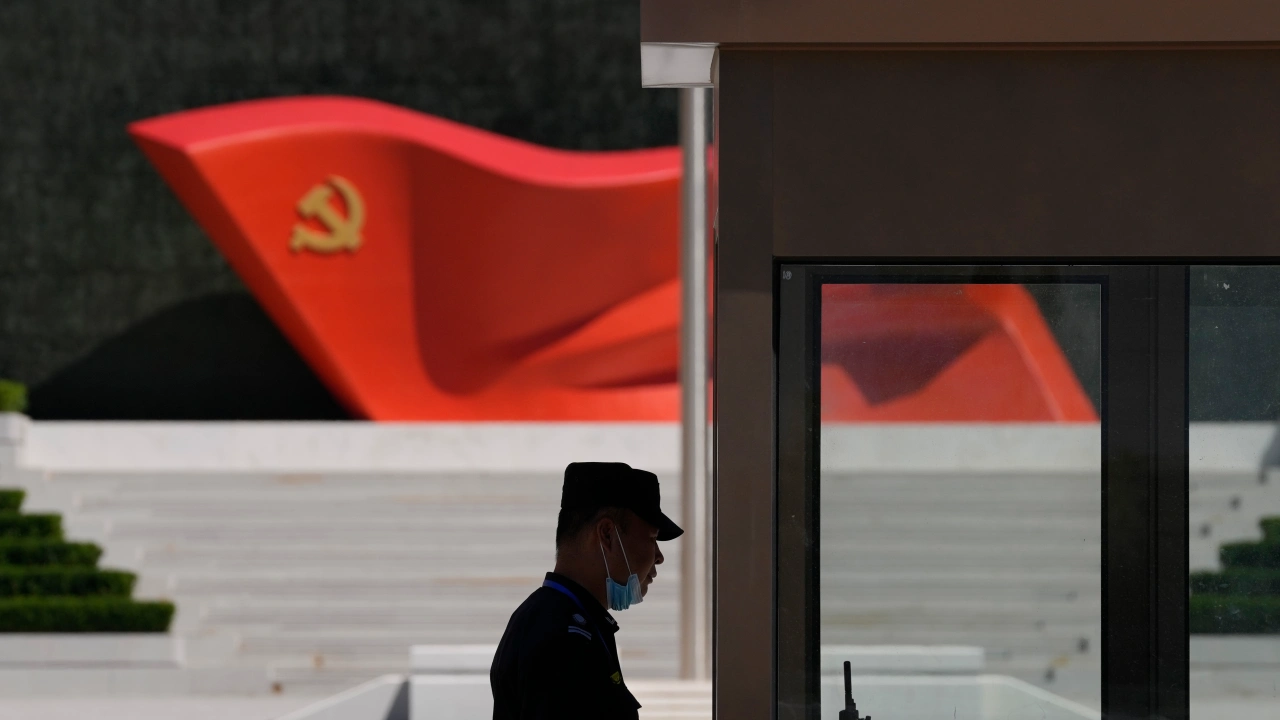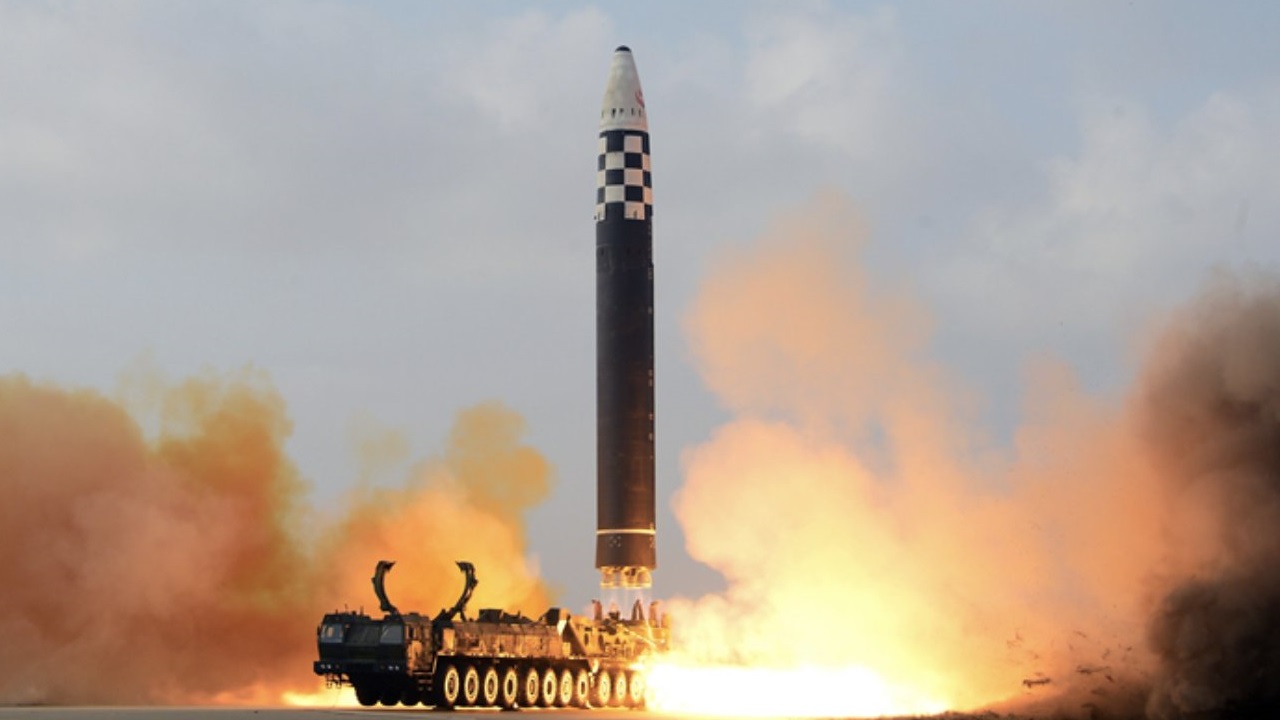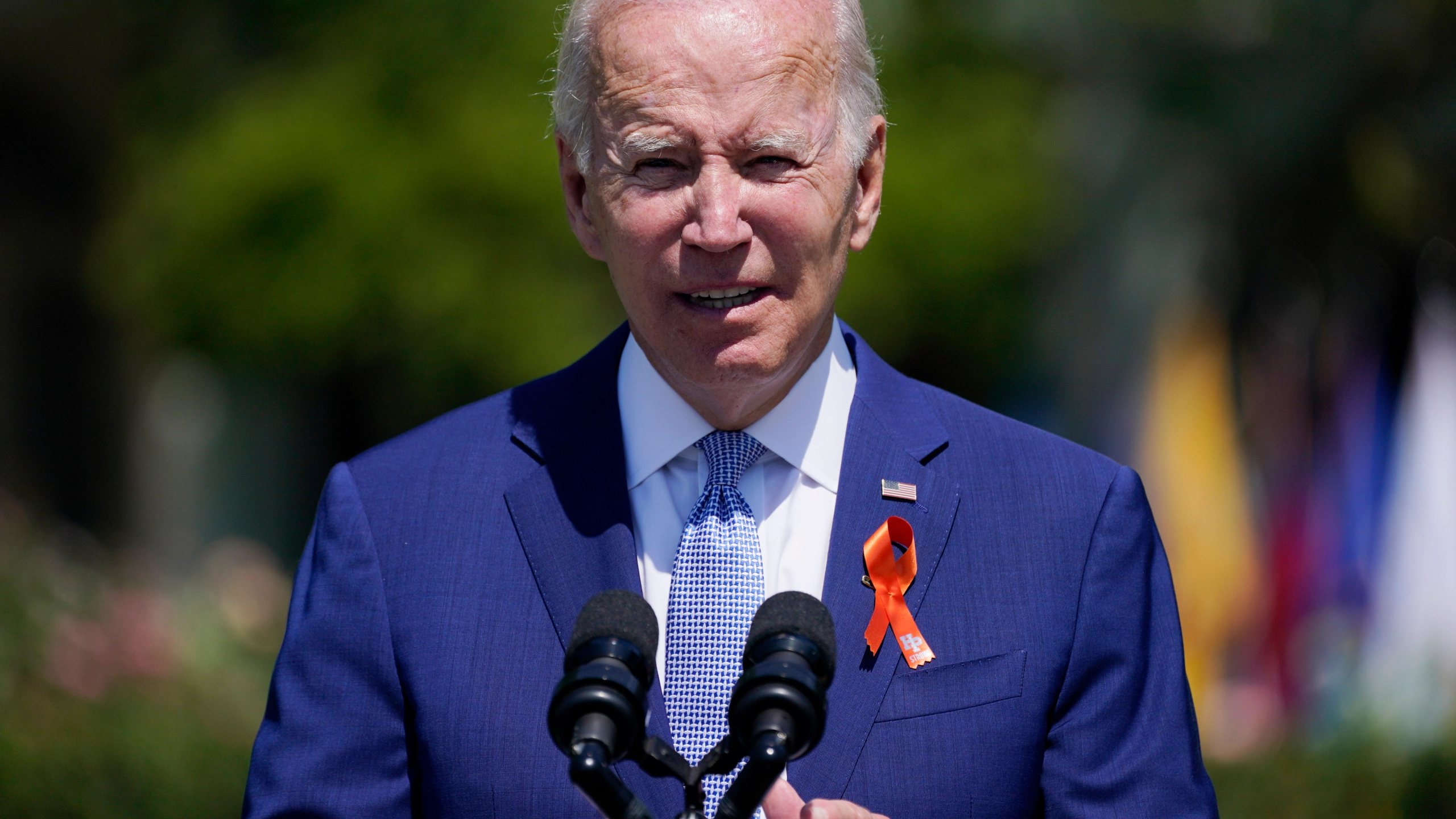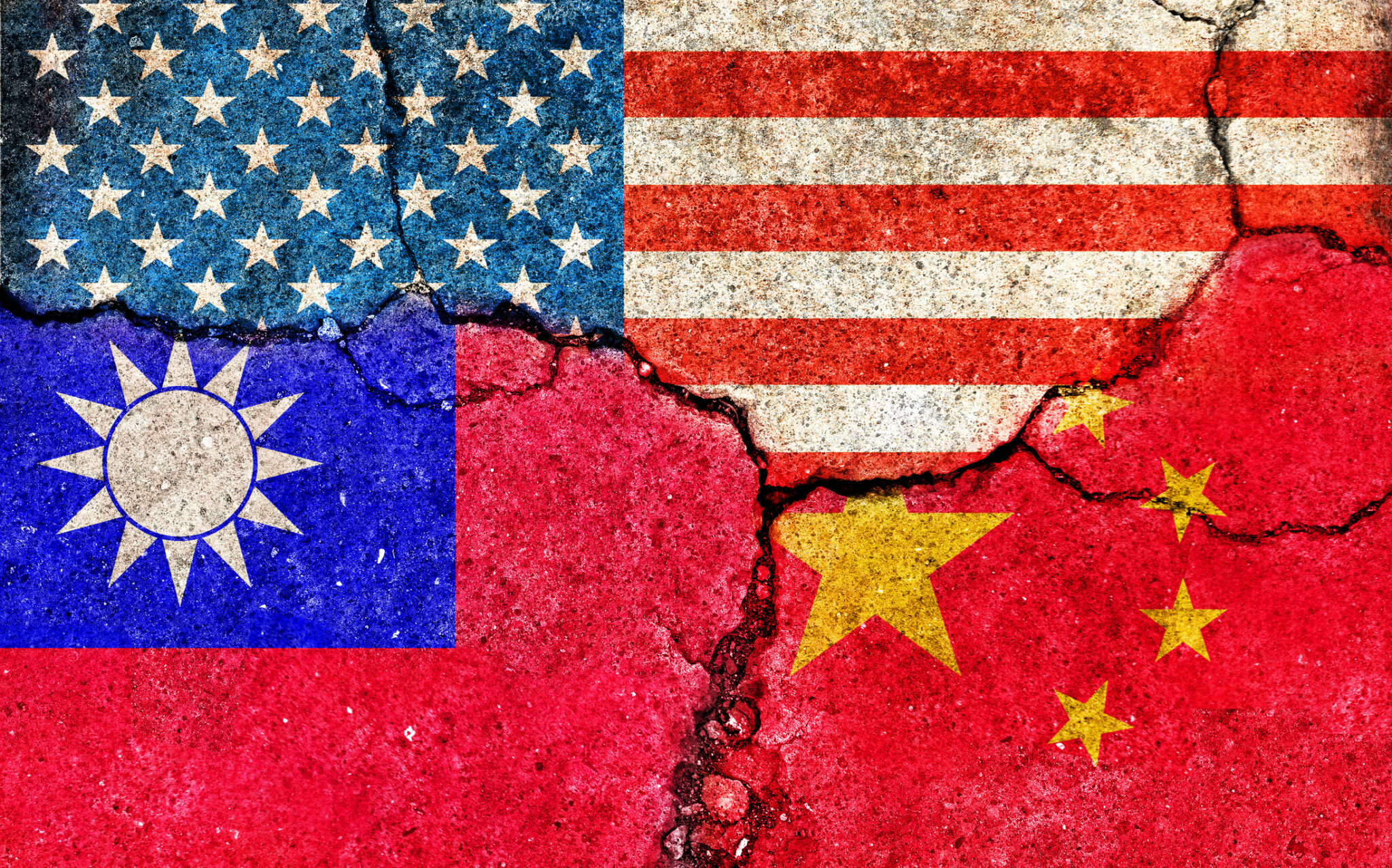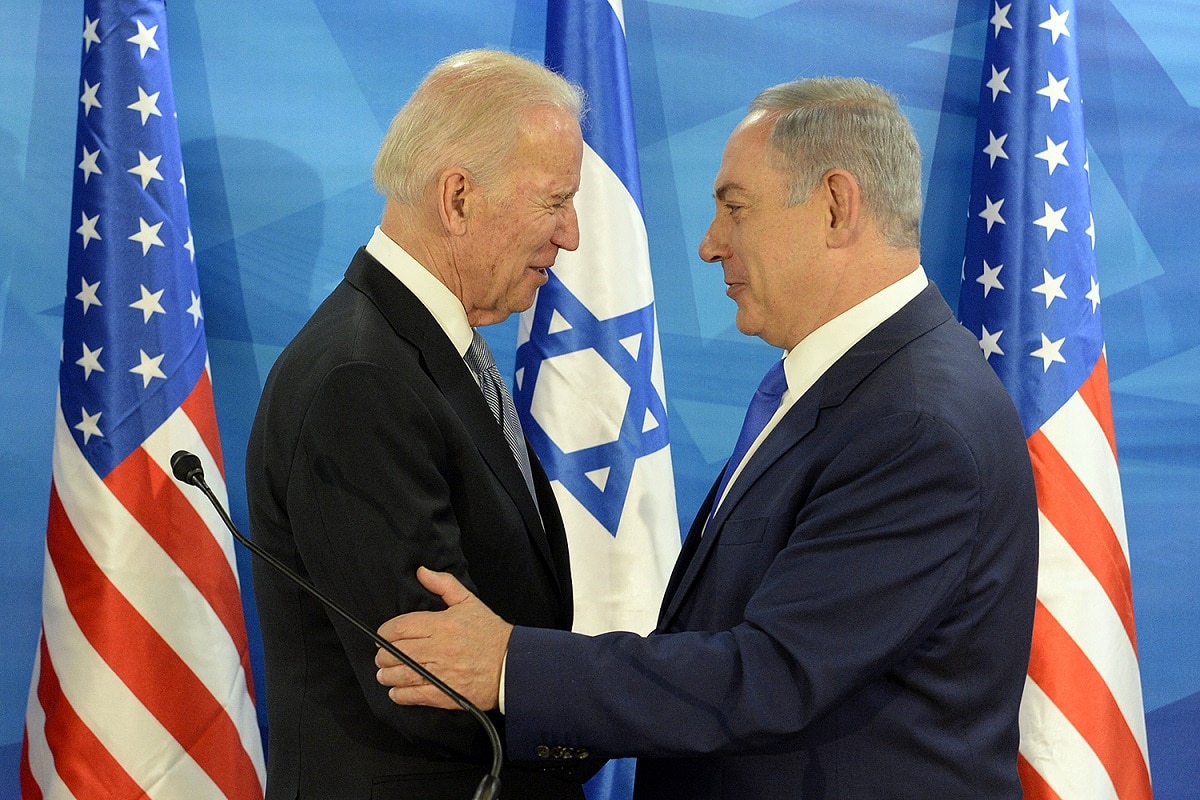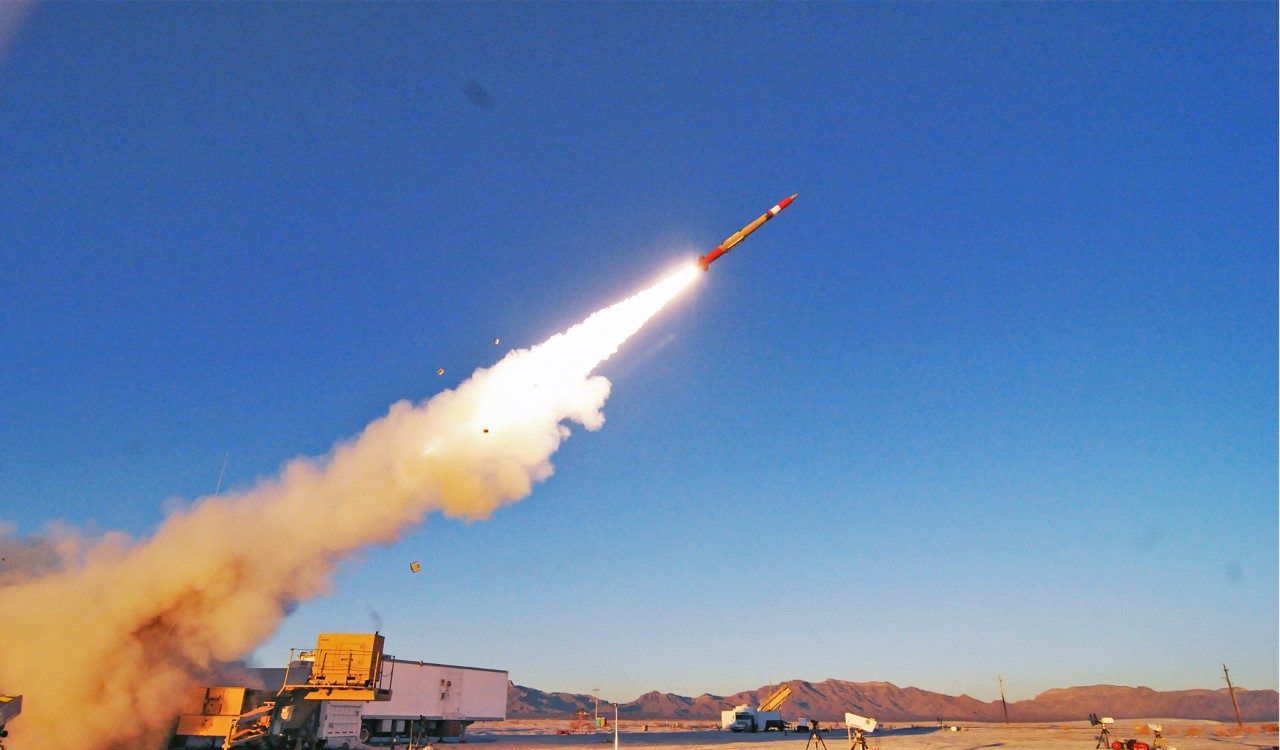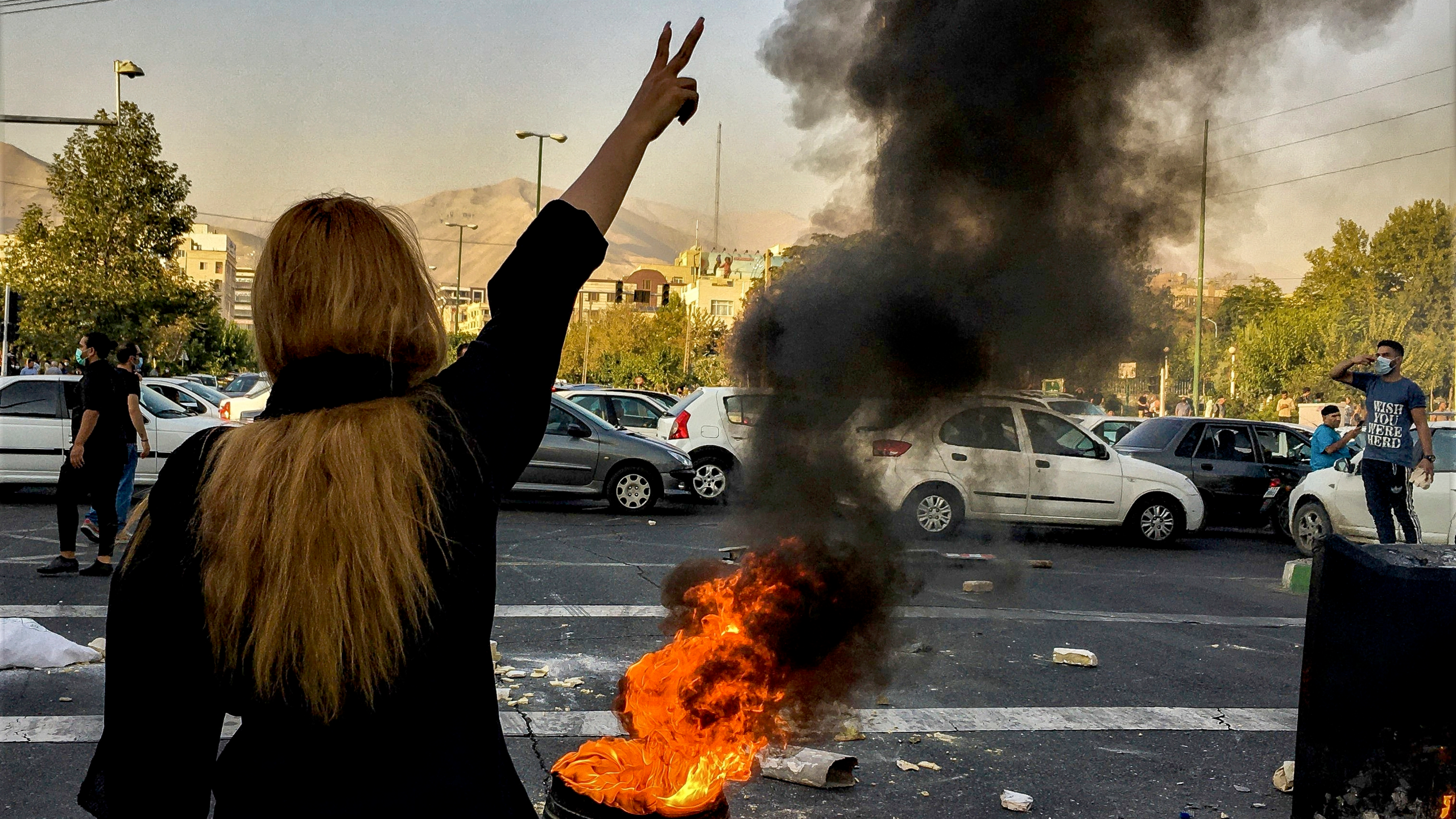This article first appeared in The Hill, on January 3rd, 2023. Click Here to read the original article.
With 2023 opening under huge uncertainty about renewed COVID-19 outbreaks in China and other countries, one might think 2020 was repeating itself. In fact, Beijing’s mishandling of the original pandemic; its refusal to cooperate in serious, credible investigations of its origins; its disdain for the global consequences, including blatant dishonesty and concealment from other countries; and its authoritarian response domestically, all contributed to significant negative shifts in international attitudes about China’s communist regime.
Moreover, concerns about Beijing’s hegemonic aspirations in the Indo-Pacific and beyond are increasing on many economic and political-military fronts. A recent Pentagon report judges that China’s defense budget almost doubled in the last decade, is still rising and includes new activities across nearly the full military spectrum. All this promises several 2023 pivotal moments at which to confront China’s threatening behavior. The real question for the United States is when our government will face up to this reality.
Instead, the Biden administration’s first two years have been remarkable for not producing a coherent, let alone comprehensive, counter-China strategy. Some notable individual decisions deserve praise, but the general pattern has been passive and acquiescent, even as other regional powers have been addressing the increasingly unavoidable Chinese threat. The White House’s passivity can be explained by the priority it has assigned to negotiating climate-change issues with Beijing.
A week after Biden’s inauguration, his global climate envoy, John Kerry, said “climate is a critical standalone issue” and that despite “serious differences with China on some very, very important” economic and political issues, “those issues will never be traded for anything that has to do with climate.”
Accordingly, he said, “it’s urgent that we find a way to compartmentalize, to move forward, and we’ll wait and see.”
Thereafter, the White House emphasized its desire for progress above all else on climate-change matters, fearing to jeopardize potential environmental agreements by taking tough positions on imminent Chinese threats. In 2023, will the administration continue to marginalize China’s economic and politico-military aggressiveness, or will it assume the leadership position its regional allies are clearly hoping for?
In fairness, Biden has gotten some things right. He has increased economic pressure on China’s telecommunications and information-technology sectors. He attended the first in-person, heads-of-government meeting of the Asian Quad (India, Japan, Australia and the U.S.), which Shinzo Abe, Japan’s tragically murdered former prime minister, sought to nurture. The Quad is no NATO and may never be. But as a partnership to address politico-military issues (and others) among four key players in the Indo-Pacific region, it is an excellent beginning. India is especially salient. We need to enlist New Delhi in containing Beijing, which is clearly in India’s interest. But we must also find ways to decrease India’s reliance on the Kremlin for sophisticated weapons and hydrocarbon fuels. Concurrently, India could also be instrumental in splitting the Russia-China entente before Russia becomes completely subordinate.
Biden also approved cooperation with the United Kingdom and Australia (forming “AUKUS”) to produce a dozen nuclear-powered, hunter-killer submarines for Australia’s navy. AUKUS is still in its early stages, but it provides a useful pattern for many forms of military cooperation across the region. One could readily imagine Tokyo seeking a similar partnership on nuclear-powered submarines, and other Indo-Pacific countries participating with Washington and European powers in advancing a variety of miliary capabilities.
Despite U.S. fecklessness, other regional states are not standing idly by. Undoubtedly the biggest recent sensation was Japanese Prime Minister Fujio Kishida’s announcement that his government would more than double Japan’s defense budget over the next five years, thereby equaling NATO’s commitment that each member spend 2 percent of GDP on defense programs, and making Japan the world’s third largest military after the United States and China.
Spurred in part by Russia’s invasion of Ukraine (and thereby again demonstrating the extraordinary importance of unambiguously defeating Moscow’s aggression), Tokyo is now doing much of what Shinzo Abe long espoused. Japan is making it clear that, after full debate, it intends to behave as a “normal” nation, one that can be trusted with a strong military, especially when in close alliance with the United States. Germany should take note.
South Korea has also increased its defense budget, responding to the North’s continuing, increasingly provocative and threatening behavior, although President Yoon has reduced the rate of increase, trying to restore fiscal discipline in Seoul. It may be unfair to fault South Korea’s budget performance since Congress has had to increase U.S. military spending over White House requests, and since, at least until after the 2024 elections, U.S. defense spending will not approach the necessary levels.
Nonetheless, we can urge that, for now, Seoul follow Tokyo’s budgetary example rather than Washington’s. In addition, the South’s growing arms sales to Poland demonstrate both its own seriousness and the severe problems in U.S. military procurement systems, where assembly lines are significantly overbooked, with deliveries both to allies and our own arsenals alarmingly distant. This is not just a budget issue and requires a real change in U.S. attitudes to ensure stockpiling adequate weapons supplies before conflicts begin.
Taiwanese President Tsai Ing-wen’s recent decision to lengthen military service for draftees from four to 12 months was significant, both for its intrinsic merits and for the signal sent to Washington and Beijing that Taiwan is deeply determined to increase its own defense capabilities. There is a very real risk of near-term hostile action by Beijing, given its increasing violations of Taipei’s airspace and menacing of U.S. aircraft in the South China Sea and elsewhere.
U.S. military sales to Taiwan are increasing but have been hampered by long delays in delivery dates, providing additional evidence that supply-chain inadequacies jeopardize our own posture as well as losing American firms’ sales opportunities, as with Poland.
Campaign 2024 is already underway, so aspiring presidential candidates should be questioned closely about how they would handle Beijing’s belligerence. This is not an election cycle to allow national security issues to be obscured by purely domestic concerns. Too much is at stake, especially in the Indo-Pacific.
John Bolton was national security adviser to President Trump from 2018 to 2019, U.S. ambassador to the United Nations from 2005 to 2006 and held senior State Department posts in 2001-2005 and 1985-1989. His most recent book is “The Room Where It Happened” (2020). He is the founder of John Bolton Super PAC, a political action committee supporting candidates who believe in a strong U.S. foreign policy.
